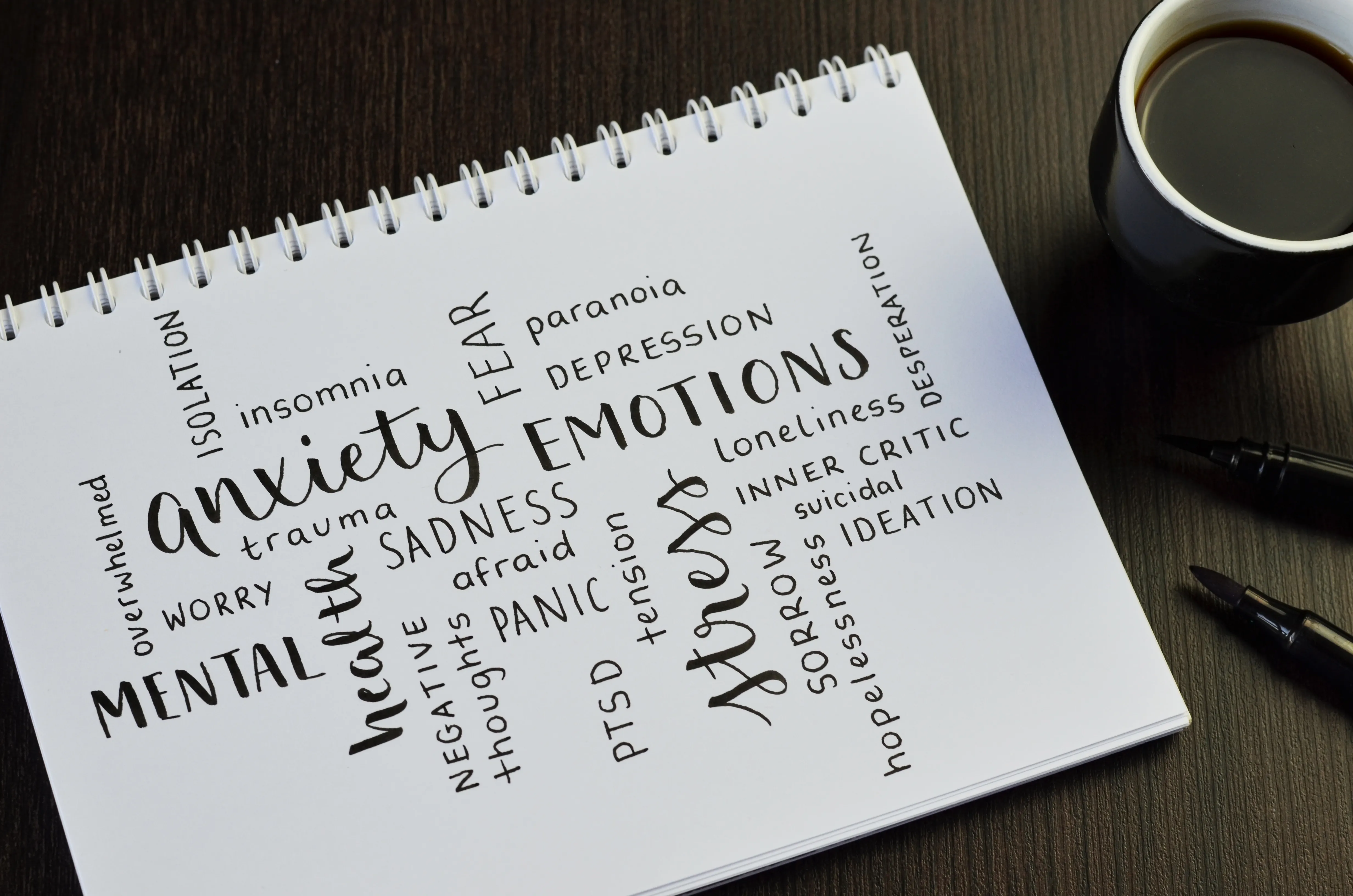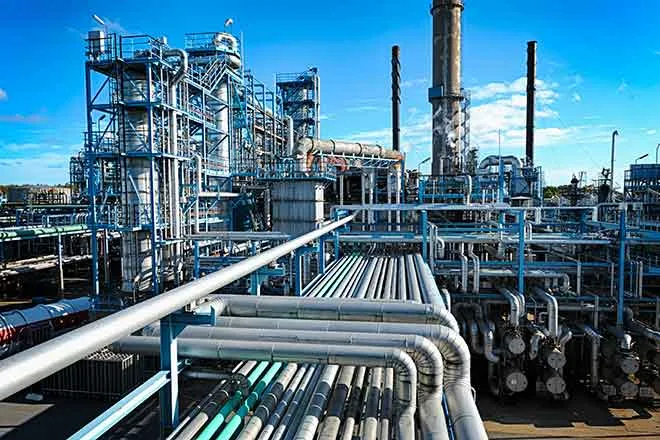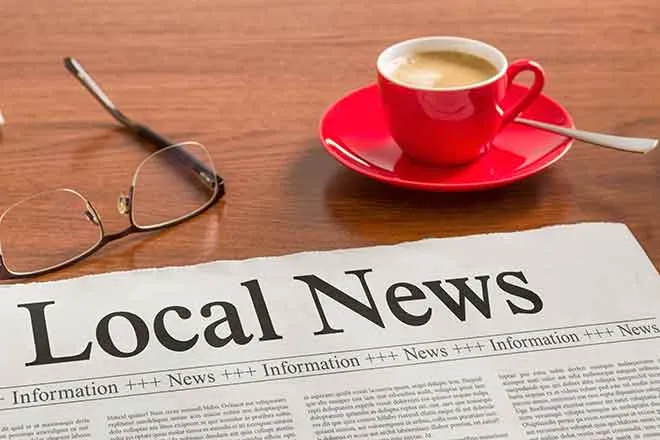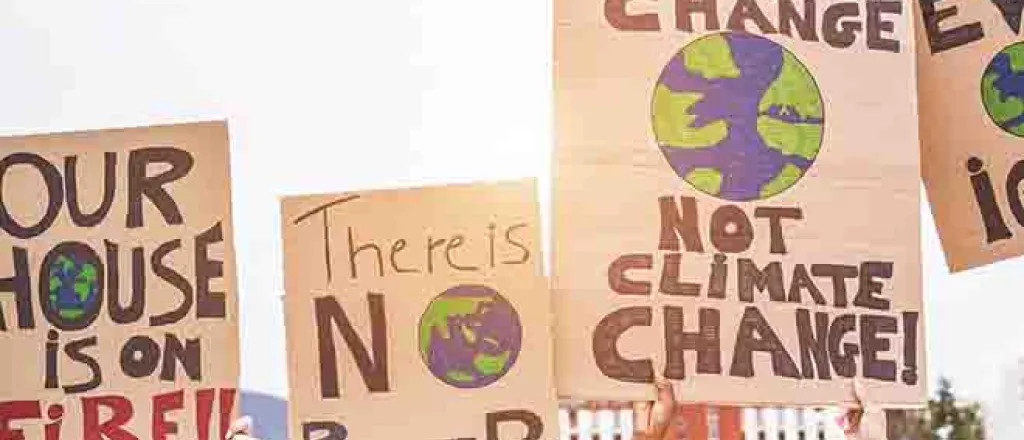
A push for renewed climate solutions in Arizona, across US
Click play to listen to this article.
Nonprofits, businesses, organizers and leaders have signed a letter calling for more climate solutions in Arizona and around the country. They claim the climate crisis is here, and say action is needed now more than ever.
Research shows most Arizonans are worried about the consequences of climate change on their own lives, and they want more renewable energy sources.
As the Trump administration takes steps to roll back environmental protections and boost domestic oil and gas production, people such as Gloria Walton, president and CEO of The Solutions Project, argue too much is at stake. Her organization is among 150 partners pledging renewed commitments to advancing climate solutions - especially from communities of color.
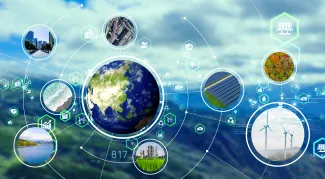
Walton said these are the areas disproportionately affected by the climate crisis, from their proximity to industry pollution to a lack of infrastructure to deal with extreme weather events.
"Frontline communities are literally taking a proactive stance to addressing the climate crisis, and they're thinking about the collective creativity that can change the material conditions when we work together," she said. "And they're thinking about the hope and possibility of new systems that can be created that benefit people, versus corporations."
The Solutions Project works with cooperatives and community organizers to cultivate policy and campaign wins, which Walton said work to fill in the gaps the current administration is not.
Historically, said Judith LeBlanc, executive director of the community organization Native Organizers Alliance, their advocacy work has been about defending and protecting natural resources, but added that the approach has changed in recent years.
"But what we've been moving in the direction of for eight, nine years - since Standing Rock, really," she said, "is putting forward solutions, generating possible ways to continue to build up the infrastructure for rural, and therefore our reservations."
LeBlanc said Indigenous stewards understand their inherent role and legal responsibility to take care of lands and waters for all. She added that organizing, engaging and mobilizing communities is key, "since the majority opinion is, 'Let's get 'er done, let's take care of Mother Earth, let's invest' - especially by registered voters, who play a big role in shaping government policy."


